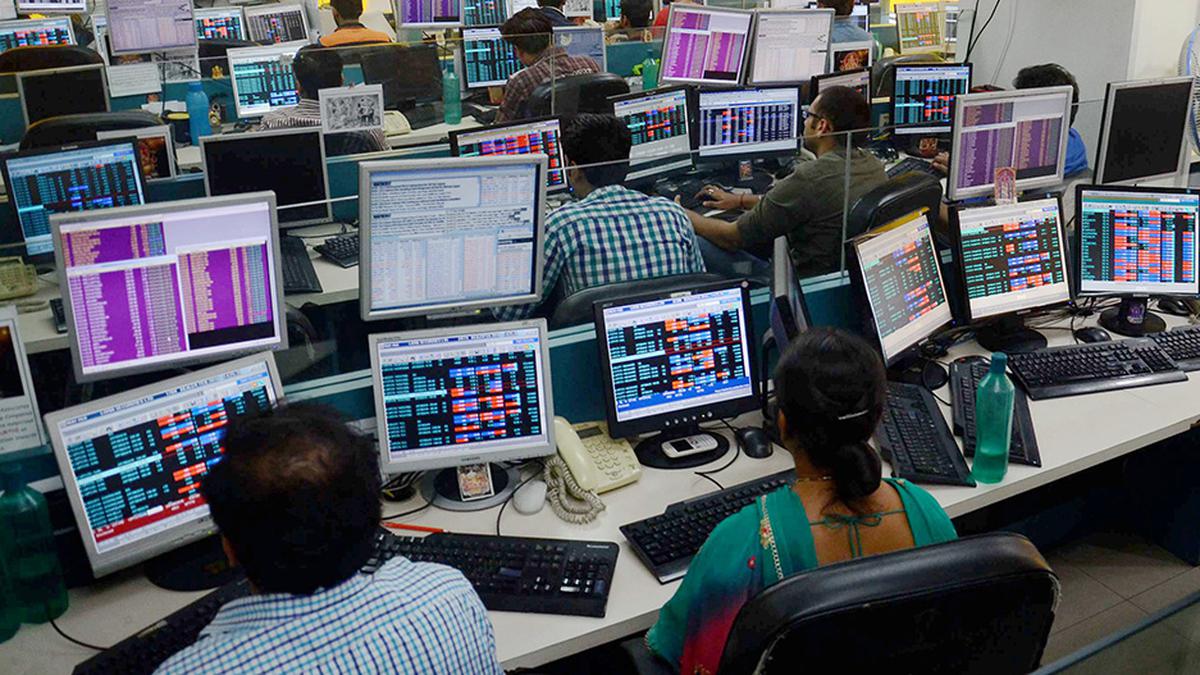
Stock market investors expect balanced budget, focus on job creation, infrastructure spending
The Hindu
Stock markets have been subdued in the run-up to the Union Budget with BSE's benchmark Sensex is almost flat so far this month
Stock market investors are expecting a balanced Budget with a focus on job creation, increased spending on infrastructure, reigning in the deficit, and bringing the economy back on track, experts said on January 25.
Stock markets have been subdued in the run-up to the Union Budget with BSE's benchmark Sensex is almost flat so far this month. Even the corporate earning season failed to excite the markets, while some indices like IT and bankex have seen some positive movements.
The muted performance of the markets could be due to Foreign Portfolio Investors (FPIs) moving funds out of India as they are looking for emerging markets with cheaper valuations. They have taken out over ₹16,500 crore from domestic equities so far this month.
Moreover, inflation and possible global recession continue to play on investors' minds.
Narendra Solanki, Head- Equity Research Anand Rathi Shares & Stock Brokers, said that investors are expected to remain focused on three key factors from the pre-election year Budget 2023, firstly equity investors are expecting a uniform tax structure for capital gains which might help taxpayers to have more disposable income.
Secondly, investors will be looking for fiscal consolidation which is necessary for financial stability in the economy and thirdly, investors are contemplating policy reforms to rationalise bottlenecks for growth such as subsidies, a clear roadmap for disinvestment targets and expediting the much-awaited PSU privatisation or consolidation, he added.
History suggests India's shares are likely to see muted trading ahead of the union budget reading, usually held on February 1.

The Union Budget unveiled on February 1, 2025, has come at a time of unprecedented global uncertainty and a flagging domestic economy. The real GDP growth is estimated at 6.4% for 2024-25 and between 6.3-6.8% for 2025-26, a far cry from >8 percent growth required annually to make India a developed nation by 2047. While much attention has been devoted to the demand stimulus through income tax cuts, not enough is said about the proposed reforms in urban development, tariff rationalisation, and regulatory simplification aimed at making Indian cities and corporates more competitive. Since the majority of economic activity is located in cities (urban areas account for ~55% of GDP) and produced by large corporates (~40% of the national output and 55% of India’s exports), the above-mentioned reforms have a pivotal role in improving India’s trend growth rate. Below we unpack each reform.












